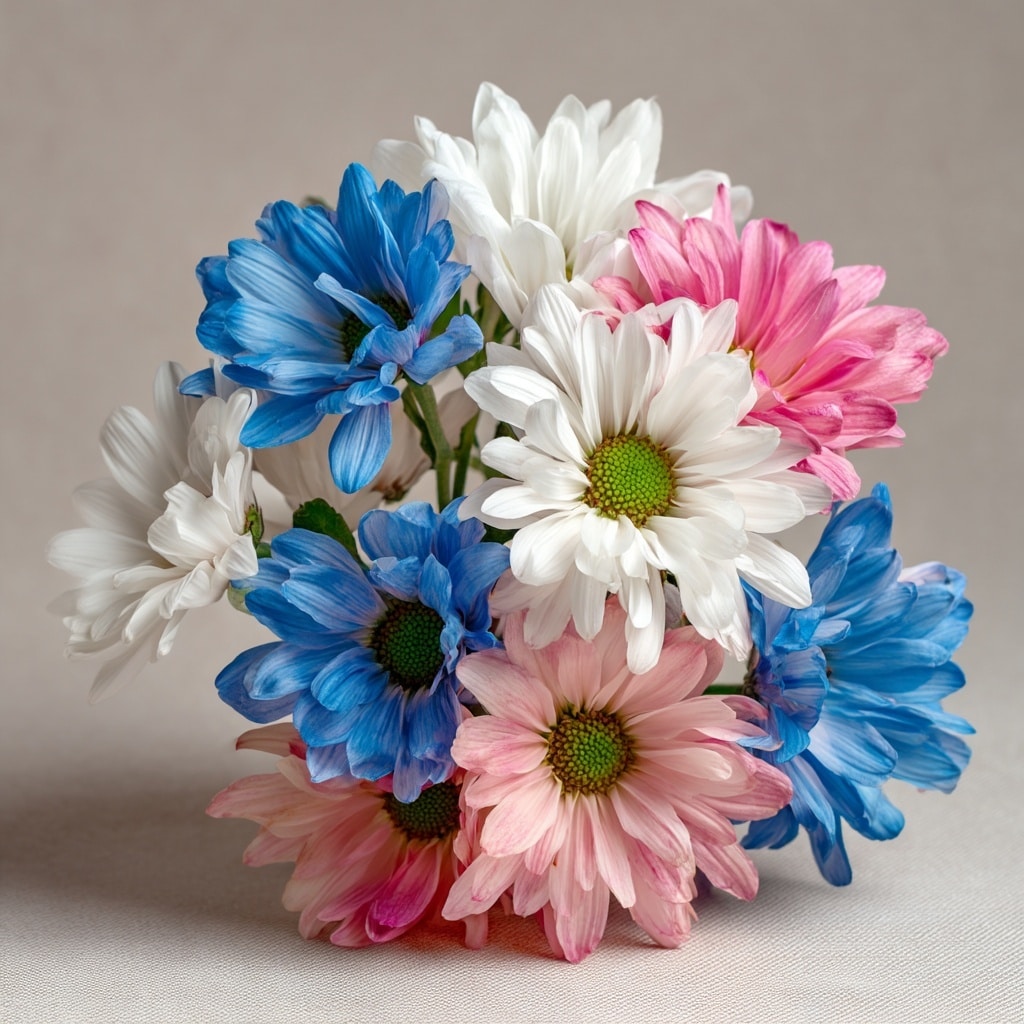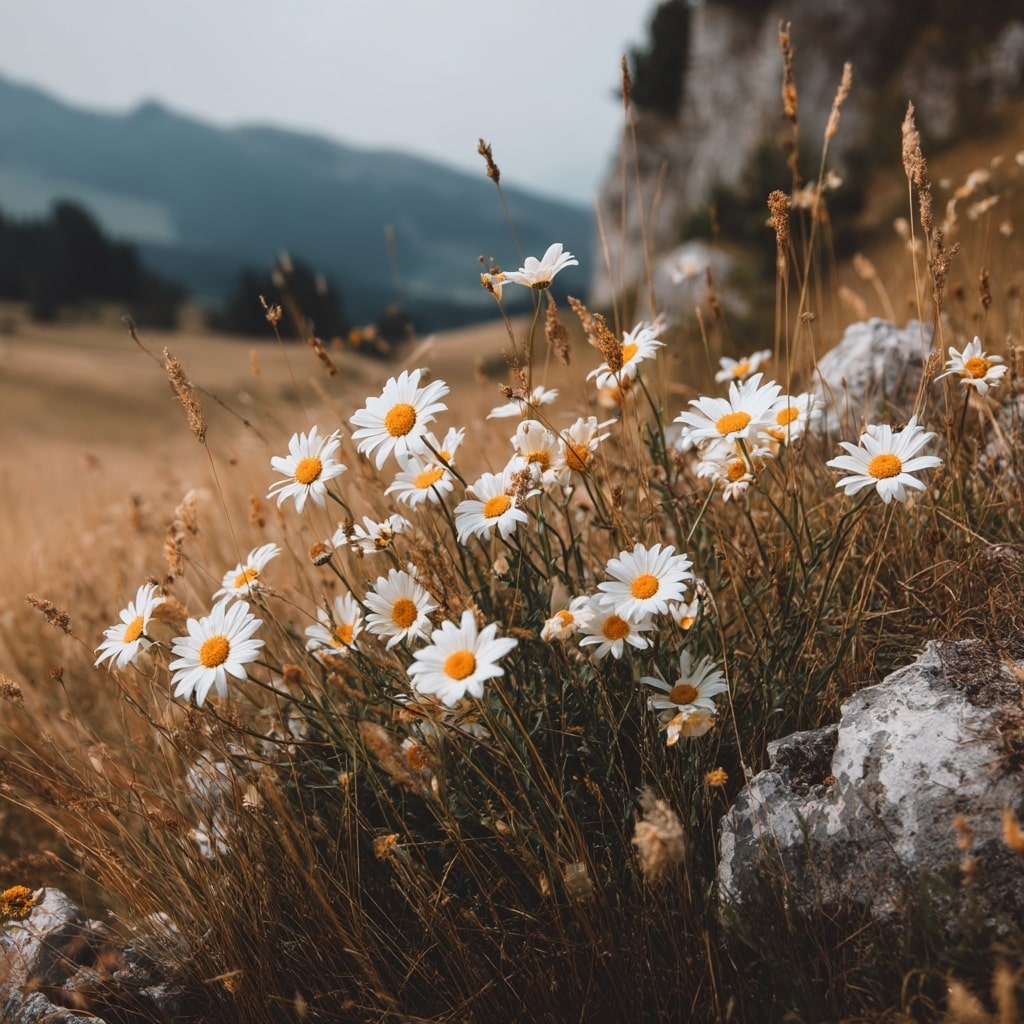Daisy—just the word can bring a smile to your face. Known for their cheerful white petals and sunny yellow centers, daisies are more than just pretty garden flowers. They’re symbols of purity, pollinator favorites, and even hold a place in natural medicine and edible cuisine. Whether popping up in a wild meadow or planted in a tidy garden bed, daisies add a joyful charm to every space they inhabit.
But there’s so much more to the humble daisy than meets the eye. From their fascinating global journey to their surprising benefits beyond beauty, these flowers are full of delightful surprises. Keep reading to uncover five uplifting facts about daisies that might just deepen your appreciation for this beloved bloom.
Table of Contents
Daisies Grow (Almost) Everywhere
One of the most amazing things about the daisy is how versatile it is. Originally native to Europe and parts of Asia, this resilient flower has now made itself at home on every continent except Antarctica. Thanks to its remarkable adaptability, the daisy can thrive in a wide range of environments—from sunny meadows to shaded woodland edges, and even in dry or wet conditions.
Unlike pickier plants that demand constant care, the daisy is happy in both mountains and flatlands. Its ability to handle full sun or partial shade makes it a great option for gardeners in all kinds of climates. That’s why you’re just as likely to find a daisy blooming beside a rural hiking trail as in a well-manicured suburban yard.
Botanically speaking, the daisy is a close cousin to the sunflower. Both belong to the Asteraceae family, which explains their similar shape and sunny demeanor. If you already have sunflowers in your garden, there’s a good chance the daisy will feel right at home beside them.
Their Name Is Meaningful
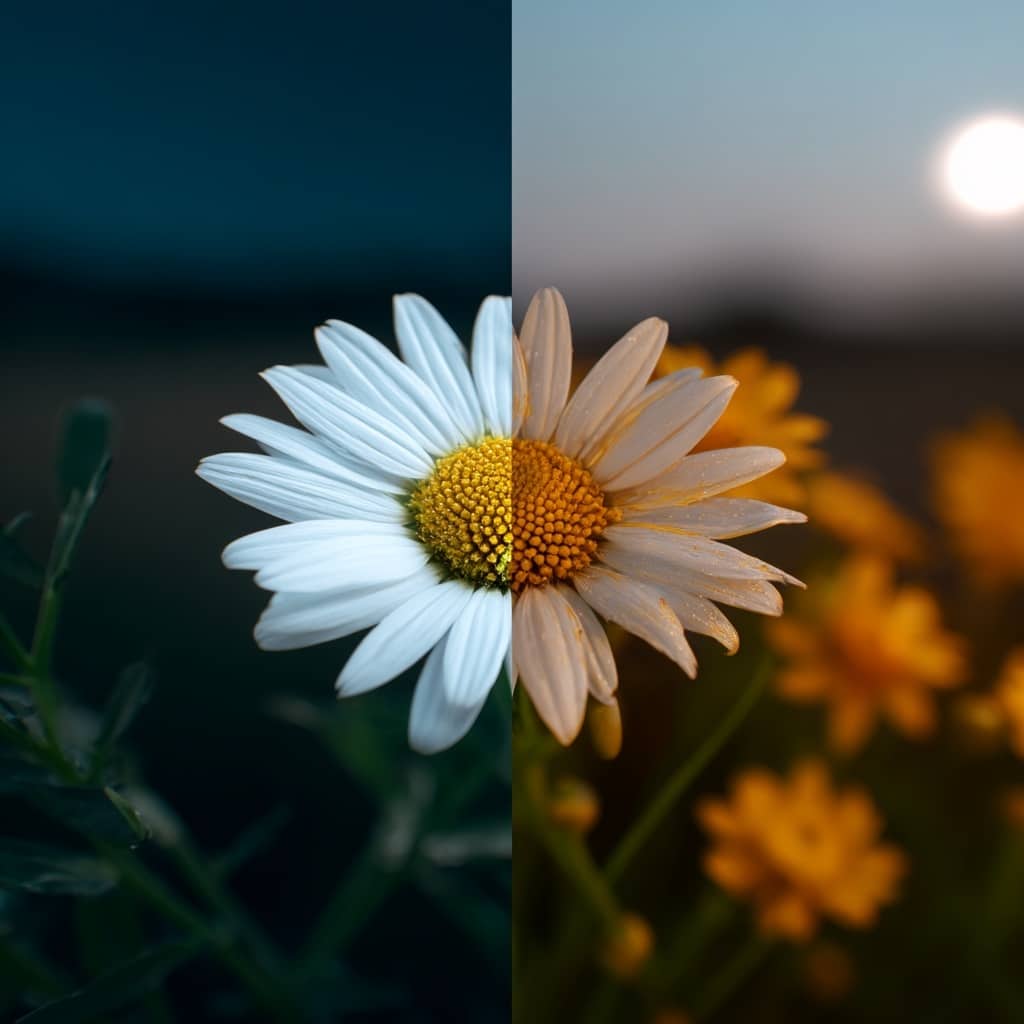
The word daisy isn’t just cute—it’s poetic. It comes from the Old English phrase “daes eage”, which translates to “day’s eye.” This name perfectly captures one of the flower’s most charming habits: closing its petals at night and reopening them with the morning sun. It’s as if each daisy wakes up with the dawn to greet the day with a smile.
This daily rhythm gives the daisy a unique personality among garden flowers. It doesn’t just sit pretty—it interacts with its environment. This opening and closing cycle isn’t just symbolic either; it helps protect the inner parts of the flower from nighttime moisture and pests.
So, the next time you see a daisy basking in the sunlight, remember: it’s not just following the sun—it’s living up to its name, greeting the day like a little botanical sunrise.
They’re More Than Just a Pretty Face
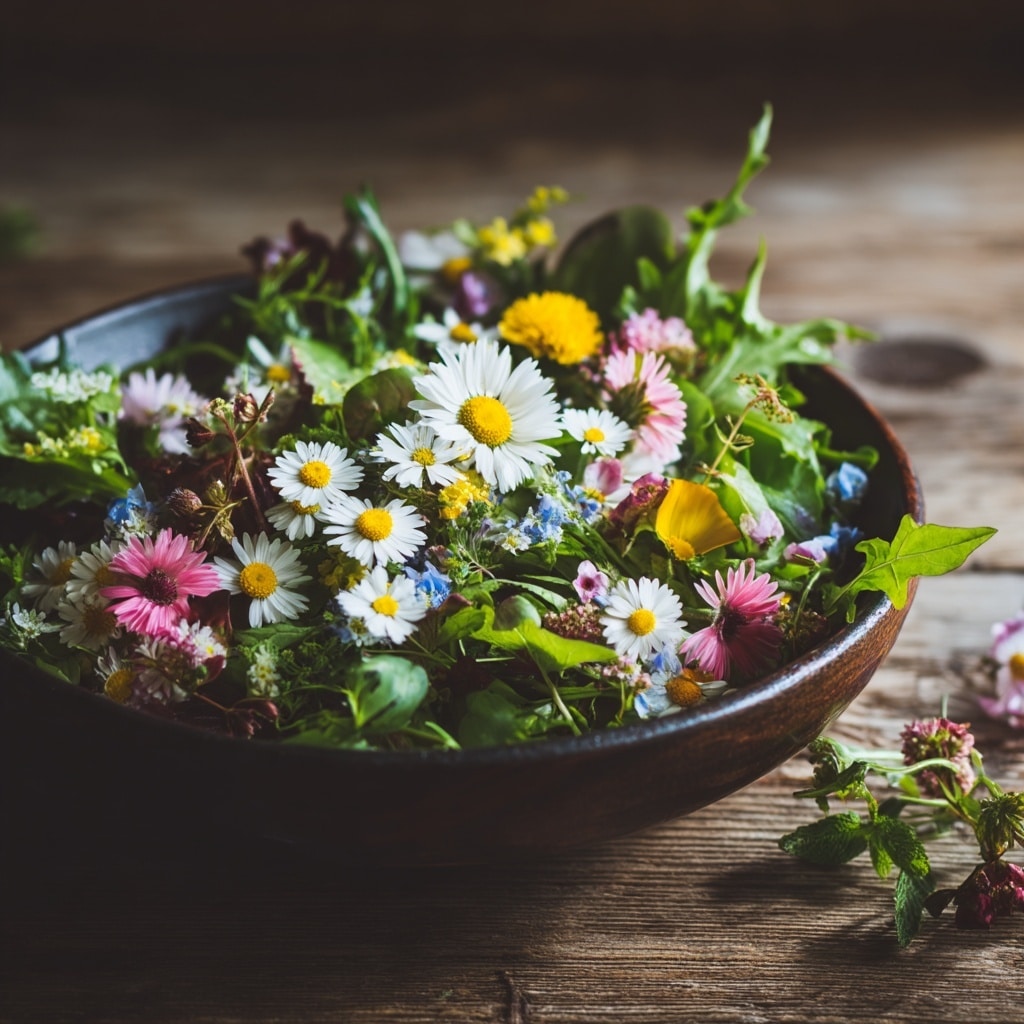
The daisy may be known for its cheerful looks, but its value goes well beyond decoration. Surprisingly, some types of daisy are edible and have been used in both food and traditional herbal remedies. The young petals and leaves of certain varieties can add a delicate, floral touch to salads or baked goods—as long as they’re grown organically and pesticide-free.
In addition to its culinary uses, the daisy has a long history of medicinal application. Herbalists have traditionally used daisy extracts to ease minor ailments such as indigestion, coughs, and skin irritation. The plant contains compounds thought to support the immune system and reduce inflammation. It’s even been used to help slow minor bleeding when applied topically.
However, it’s important to exercise caution. Not all daisy varieties are safe to eat, and individuals with allergies to ragweed or chrysanthemums should avoid them. Always consult a reliable source or professional before using daisies for food or health.
So while they certainly brighten up garden beds and bouquets, daisies also carry a quiet strength that makes them useful in ways most people don’t expect.
Bees and Other Pollinators Love Daisies
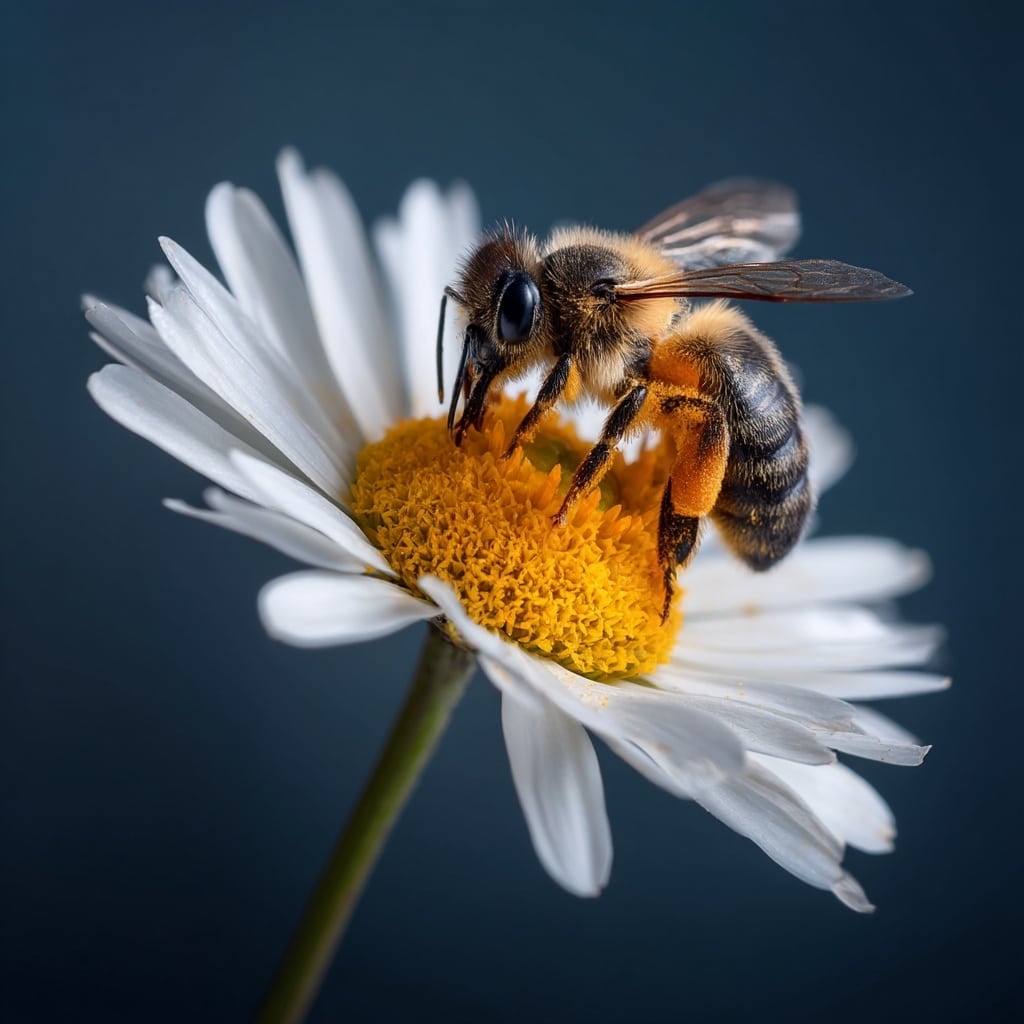
If you want to support pollinators in your garden, the daisy is an excellent choice. Its simple, open-faced structure makes it easy for bees, butterflies, and other pollinating insects to land and feed. What looks like one flower is actually a cluster of tiny florets forming a central disc, offering a rich source of nectar and pollen.
Bees especially favor the Shasta daisy, which provides both nourishment and an ideal landing pad. Because the daisy’s center is composed of dozens—sometimes hundreds—of mini-flowers, a single visit can yield a feast for a foraging bee.
By planting daisies, you’re not just adding color to your landscape—you’re actively helping pollinators thrive. This makes the daisy a wonderful companion in eco-conscious gardens that aim to boost biodiversity and maintain healthy local ecosystems.
Daisies Are Symbolic
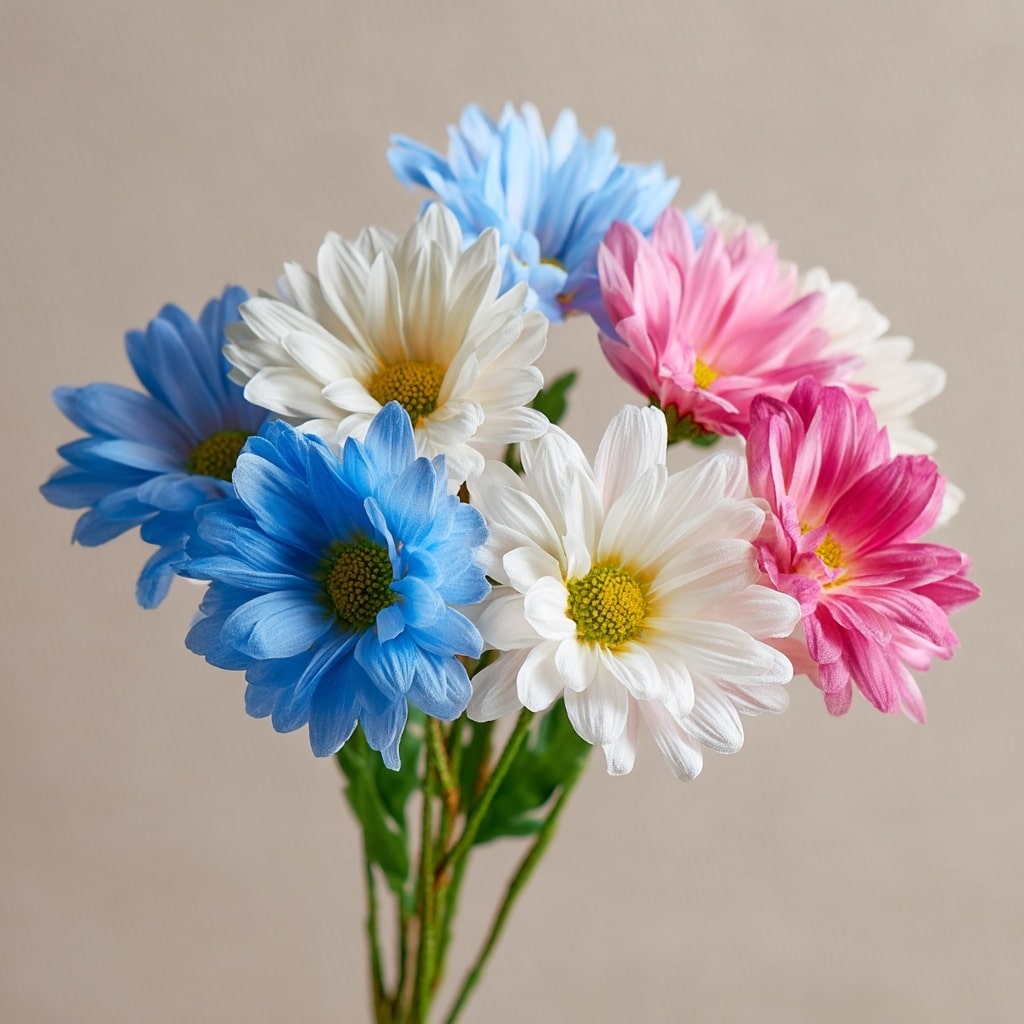
Beyond their physical charm, the daisy holds deep symbolic meaning in many cultures. Often associated with innocence, purity, and simplicity, this unassuming flower has long been a favorite in folklore and celebrations. Giving someone a daisy bouquet is more than a gesture—it’s a quiet message of loyalty, honesty, and gentle affection.
Different daisy varieties also carry unique meanings. The classic white daisy is tied to humility and clarity, while the blue Marguerite daisy symbolizes peace, openness, and calm. That’s why you’ll often find daisies in everything from wedding arrangements to baby showers—they convey emotion without being overpowering.
And if your birthday falls in April, the daisy is your official birth flower. It represents new beginnings and the fresh energy that spring brings. With such timeless associations, it’s no wonder the daisy remains a meaningful bloom in gardens and gifts around the world.
Growing Daisies in Your Garden
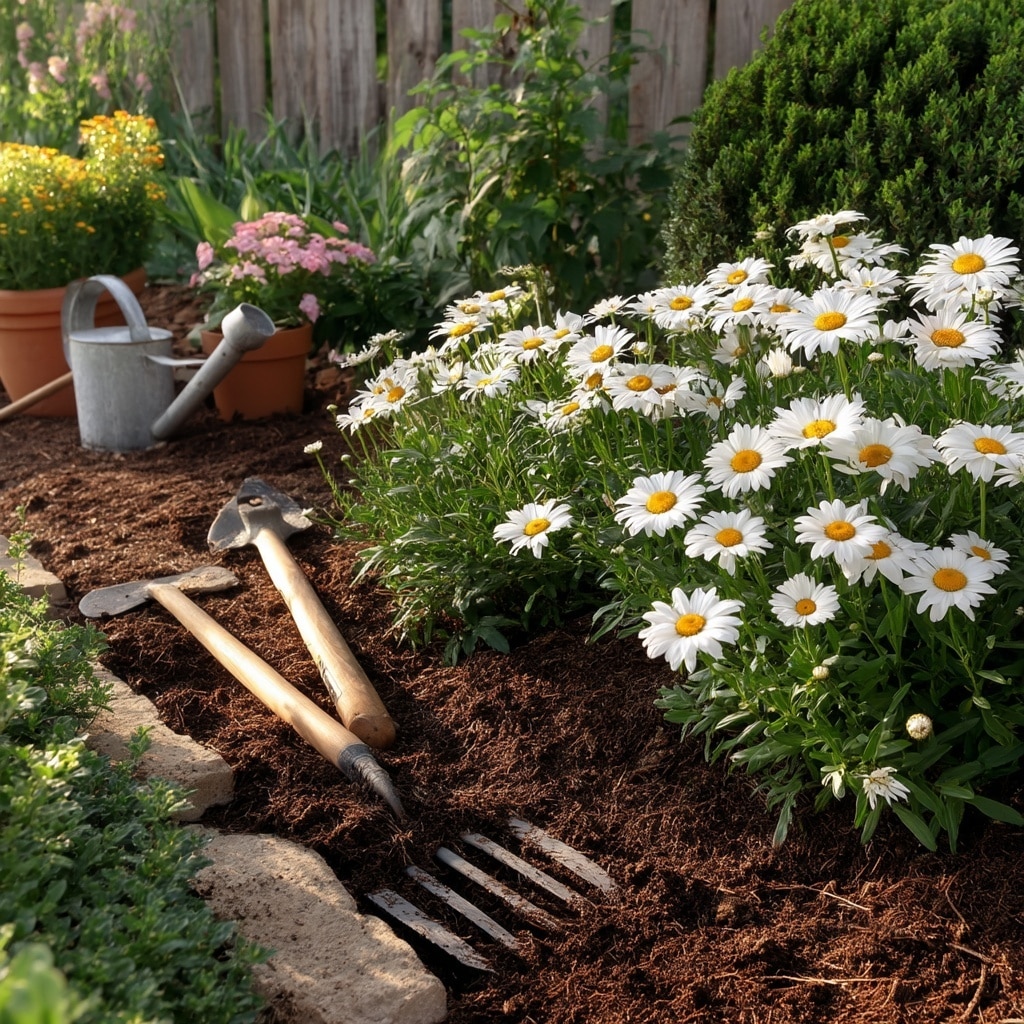
Adding daisy plants to your garden is one of the easiest ways to introduce low-maintenance beauty and pollinator support. Most daisy varieties, including Shasta and English daisies, thrive in full sun and well-drained soil. Once established, they’re incredibly resilient, needing only occasional watering and a bit of deadheading to keep blooming strong.
Whether you’re planting directly in the ground or using containers, daisies adapt well to their surroundings. They make lovely border plants, stand out in cut flower gardens, and mix beautifully with other perennials like lavender, coneflower, and coreopsis.
To give your daisy the best start:
- Choose a sunny spot (at least 6 hours of light daily)
- Space plants properly to allow airflow and reduce mildew
- Cut back after blooming to encourage fresh growth
With just a little care, your daisy patch will reward you with weeks—sometimes months—of cheerful blooms. And the best part? They often reseed themselves, giving you even more flowers the following season.
Conclusion
There’s something undeniably heartwarming about the daisy. Whether it’s brightening a flower bed, attracting buzzing pollinators, or simply symbolizing a kind sentiment, this simple bloom holds a lot of power in its delicate petals. From its surprising edibility and medicinal uses to its worldwide adaptability and rich symbolism, the daisy is far more than just a garden filler—it’s a plant with purpose.
So, next time you spot a daisy, take a moment to appreciate its quiet strength, versatility, and joy. And if you’re looking to add effortless charm to your outdoor space, you can’t go wrong with this timeless flower.

